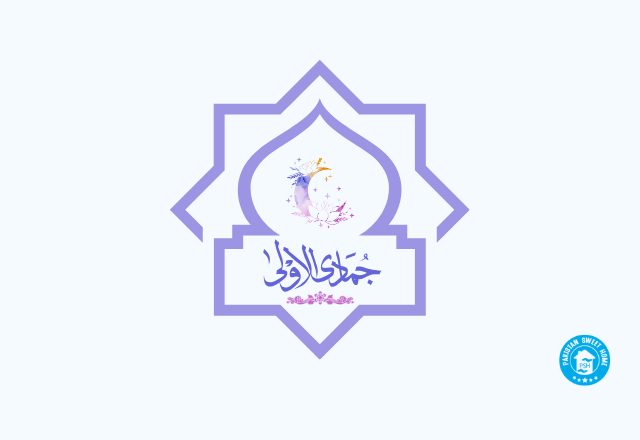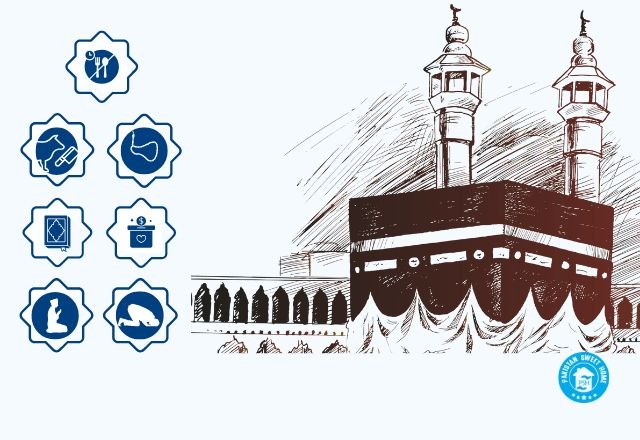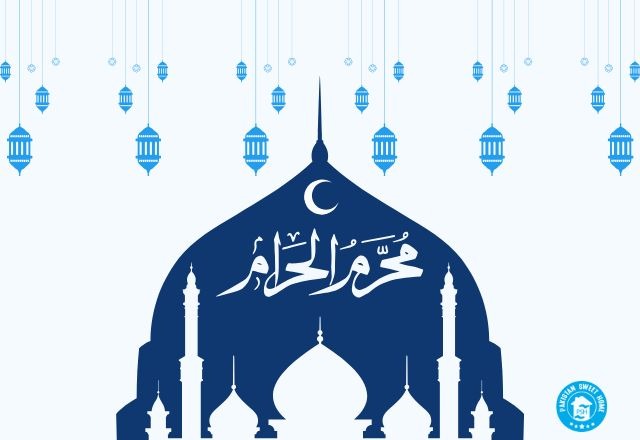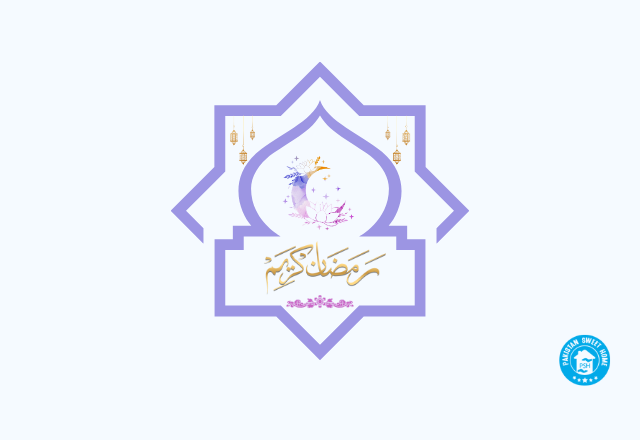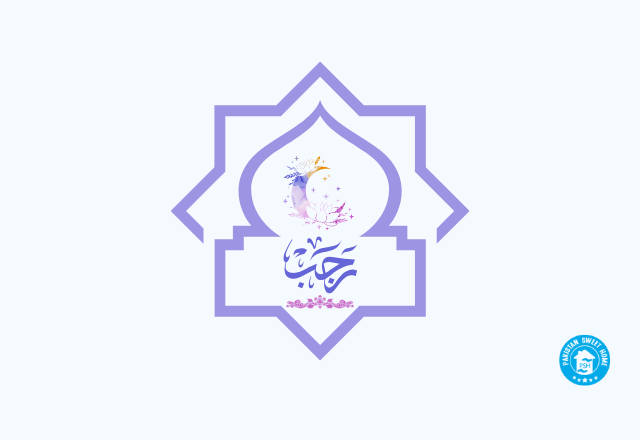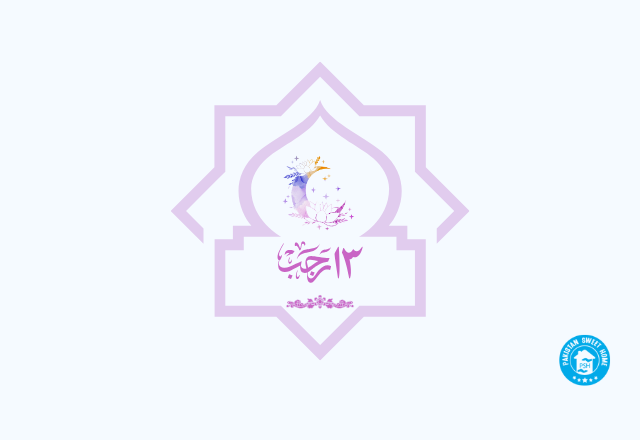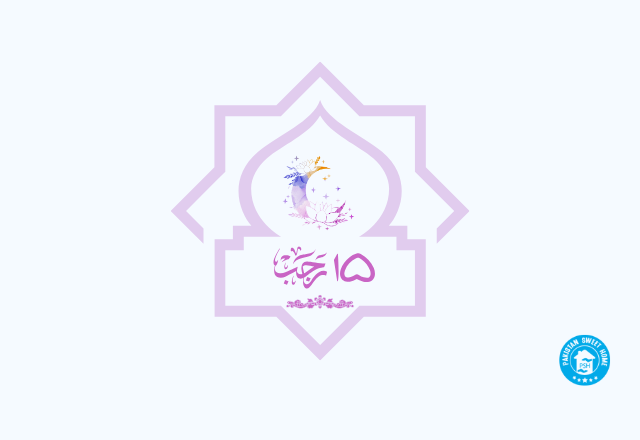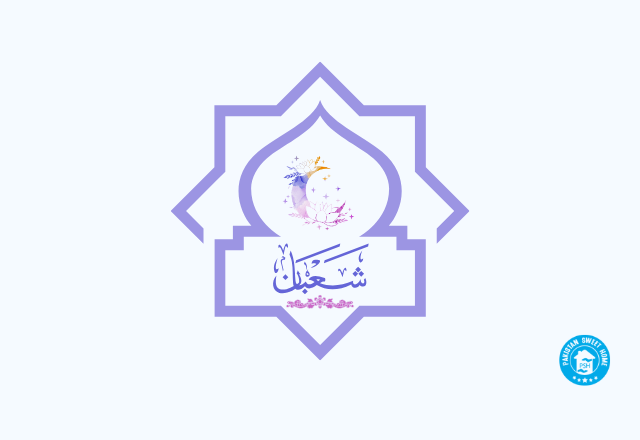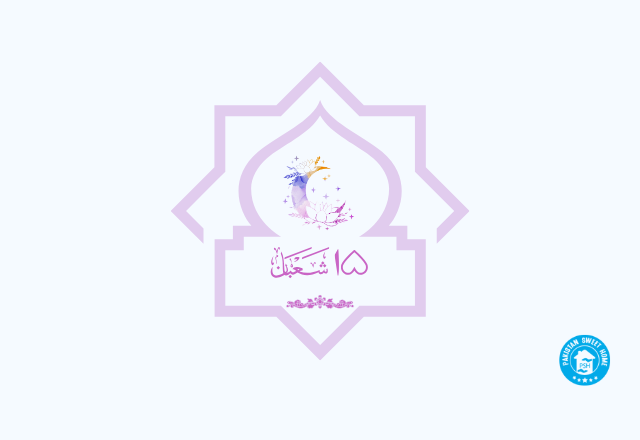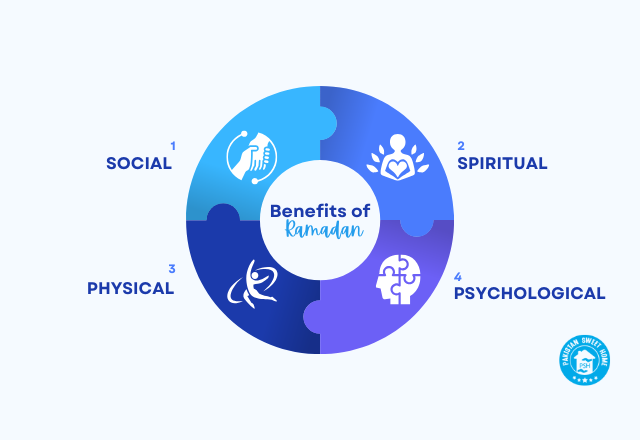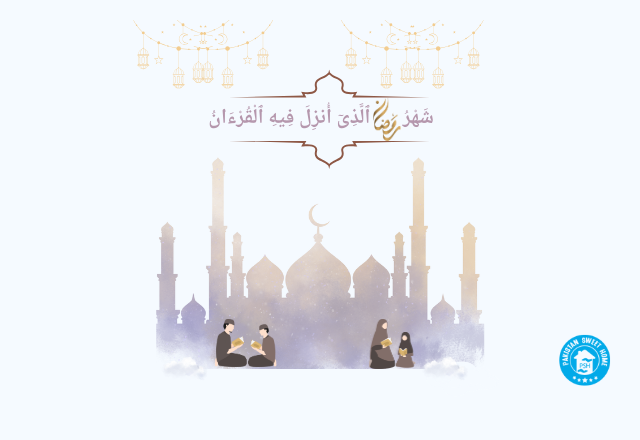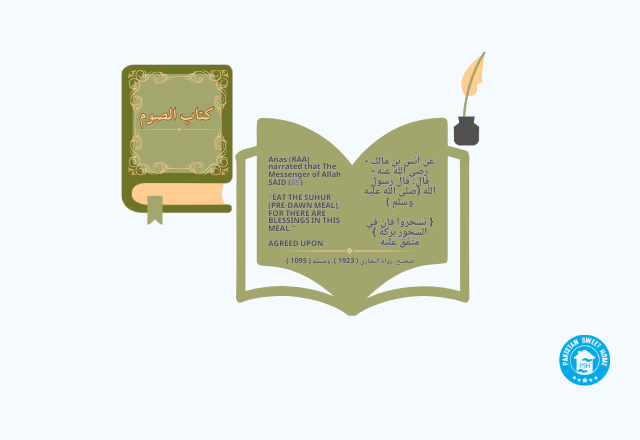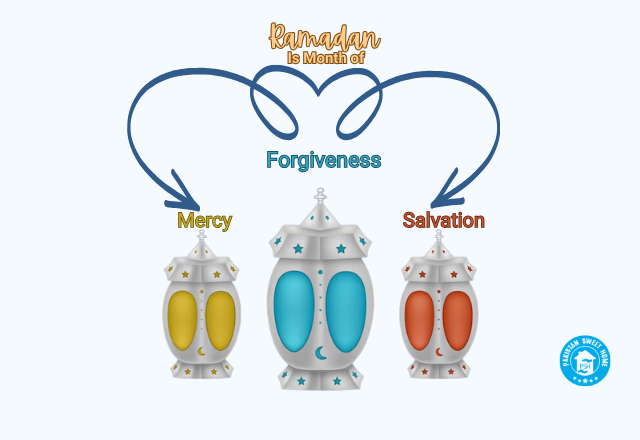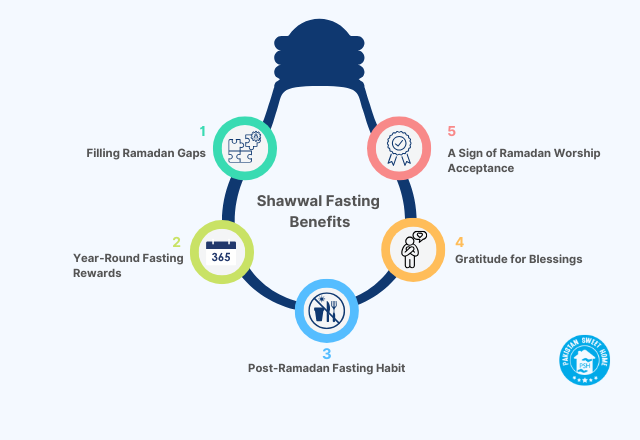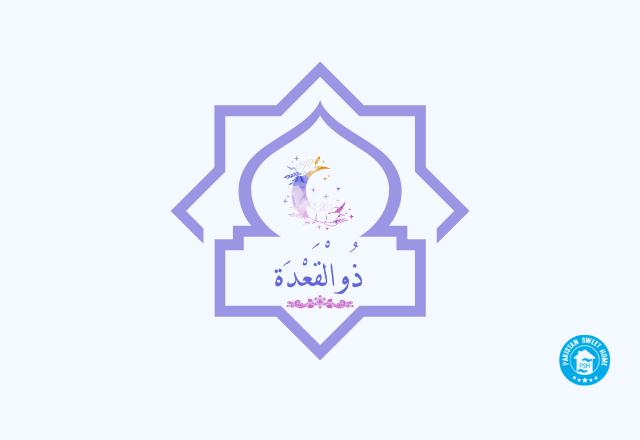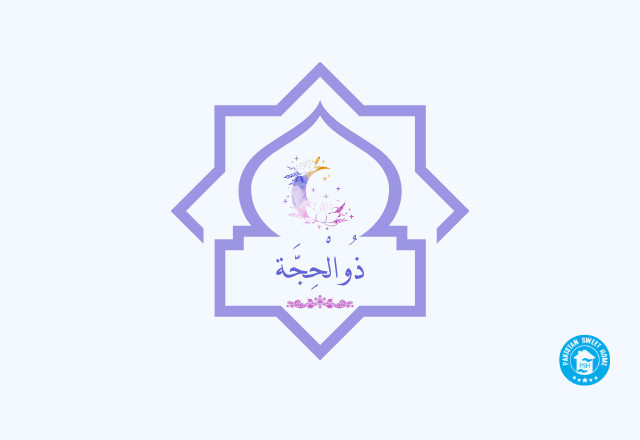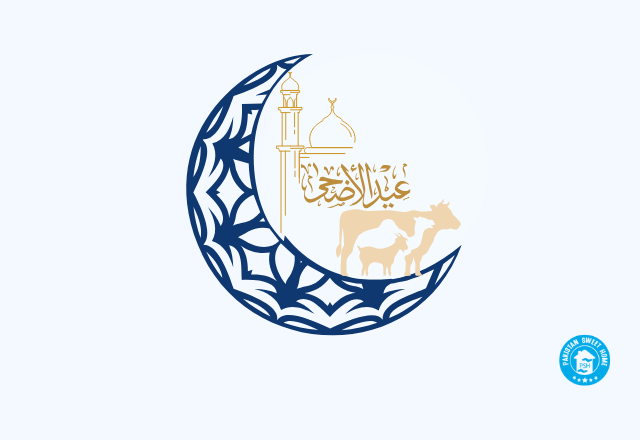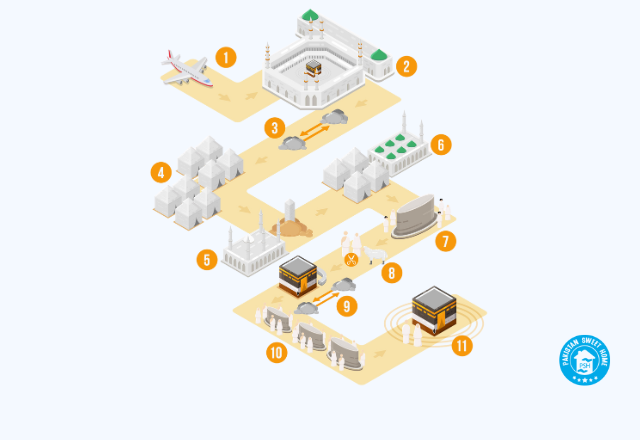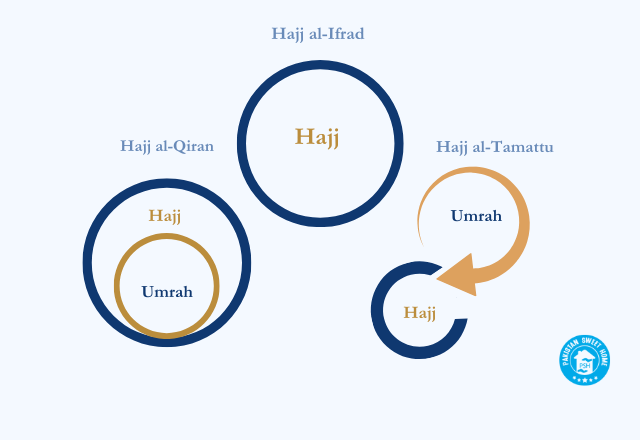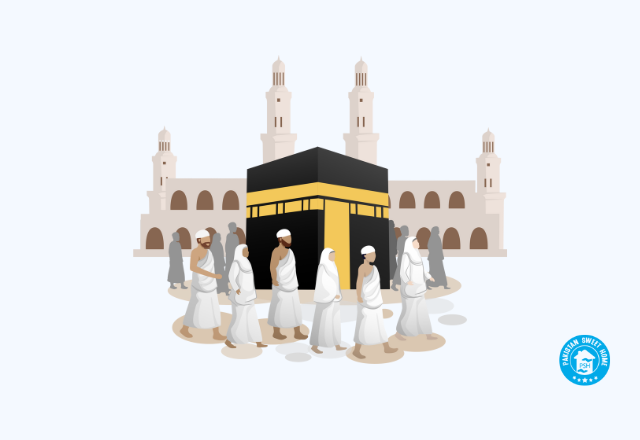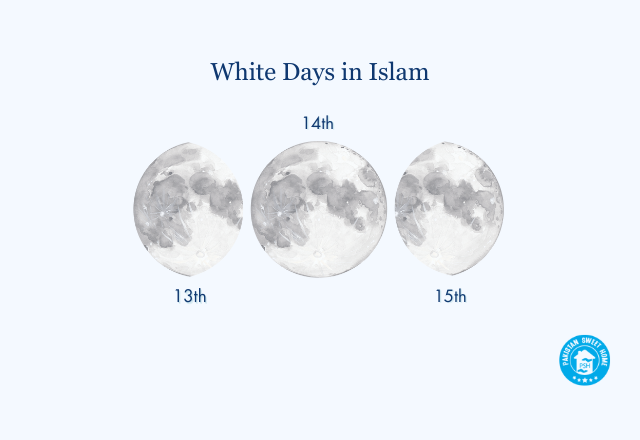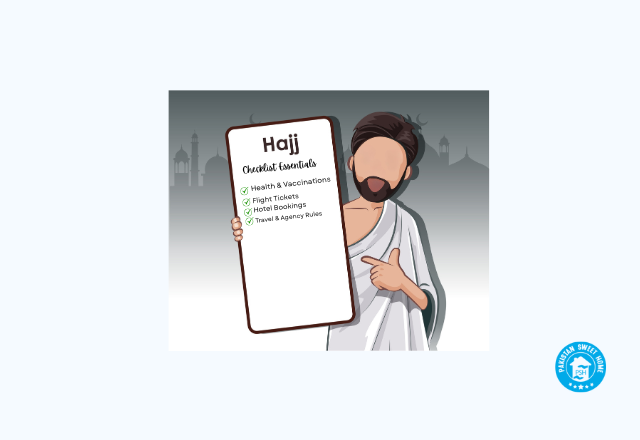Jumada al-Awwal is the 5th Islamic month of (Hijri) calendar and is also known as Jumada al-Ula.
Although Jumada al-Awwal doesn’t have specific rituals, many Muslims see it as a time to reflect. It provides a chance to think about what they have done in the past months and plan how to improve their worship in the future.
Good deeds are rewarded at all times, so acts of worship should be performed year-round, including during Jumada al-Awwal. This applies not only in the four sacred months but throughout the entire year.
Let’s explore the meaning and historical key events of Jumada al-Awwal:
Meaning of Jumada al-Awwal
The famous Islamic historian Al-Haafiz Ibn Katheer (may Allah have mercy on him) shared insights from Shaykh ‘Alam ad-Deen as-Sakhaawi in his book Al-Mashhoor fi Asma’ al-Ayyaam wash-Shuhoor.
He explained that the word “Jumada” comes from the Arabic word “jumood,” meaning freezing. It’s believed that this month got its name during a time when water would freeze due to cold weather.
Some scholars also suggest that “Jumada” refers to dry, barren land, symbolizing a season without rain, also known as the dry season.
Since the Islamic calendar is based on the moon, months rotate through all seasons over the years. So, the name “Jumada” could be linked to either cold or dry conditions when the month was first named.
The month is also called Jumada al-Ula, and both “al-Awwal” and “al-Ula” are acceptable forms.
Hence, just as Rabi al-Awwal signifies the first spring season, Jumada al-Awwal represents the first dry season, marked by parched land and little rain.
When is Jumada al-Awwal 2025/1447?
Jumada al-Awwal 2025/1447 is expected to begin on the evening of October 1, 2025, and end on the evening of October 30, 2025, following the completion of Rabi al-Thani.
Note: Islamic (Hijri) months are lunar, so the exact dates may vary slightly by a day depending on your location and moon sighting confirmations.
Historical Key Events of Jumada al-Awwal
The following are some historical events that occurred in Jumada al-Awwal:
Marriage of the Prophet (PBUH) with Khadijah (R.A.)
Some scholars believe that Jumada al-Awwal was the month in which the Prophet Muhammad (PBUH) married Sayyida Khadija (R.A). This marriage was immensely blessed, and their children and descendants played a crucial role in spreading and enlightening Islam.
Certain narrations indicate that Sayyida Khadija (RA) is one of only four women in Islam to have attained perfect faith. She was the first to embrace Islam and provided unwavering emotional and financial support to the Prophet (PBUH).
Birth of Grand Daughter of Prophet (PBUH)
Some scholars suggest that Sayyida Zainab (RA) was born on the 5th of Jumada al-Awwal. She was the granddaughter of the Prophet (PBUH) through his beloved daughter, Sayyida Fatima Zahra (RA).
Sayyida Zainab (RA) was one of the bravest and most eloquent women in Islamic history. She faced tremendous hardships, including the loss of her beloved mother and the martyrdom of her loved ones during the Battle of Karbala, which was fought in Muharram.
Battle of Mu'tah
Another significant event that occurred in Jumada al-Awwal was the Battle of Mu’tah, where 100,000 Roman and Arab troops faced just 3,000 Muslim soldiers. Despite being vastly outnumbered, Allah granted victory to the Muslims.
Significance of Jumada al-Awwal
Jumada al-Awwal does not have specific significance as a month of worship. However, Allah (SWT) and His Messenger, the Prophet (SAW), encourage voluntary acts of devotion in our daily routines.
For example, engaging in Sadaqah or Sadaqah jariyah, reciting the Qur’an, making istighfar, and performing voluntary prayers are recommended throughout the year.
It’s essential to use your time wisely. For a Believer, every moment and each day presents a valuable opportunity for earning rewards and atoning for sins through good deeds.
Abdullah ibn Umar (may Allah be pleased with him) reported that the Messenger of Allah (PBUH) took him by the shoulder and said,
“Take advantage of five before five: your youth before old age, your health before illness, your wealth before poverty, your free time before being occupied, and your life before death.”
(Sahih al-Bukhar:40)
In conclusion, the Islamic month of Jumada al-Awwal offers a meaningful opportunity for reflection, gratitude, and spiritual growth. The month holds significant historical events and reminds believers to stay consistent in worship and good deeds throughout the year. It’s a time to pause, reconnect with one’s faith, and make the most of each moment in the journey toward Allah’s pleasure.
When people choose to donate for orphanage care, they help fund structured programs that go beyond food and shelter. At Pakistan Sweet Home, children are enrolled in schools, mentored by professionals, and encouraged to explore their potential. Each child’s journey is shaped with patience, planning, and constant care.
Your Help Can Fulfill the Dreams of an Orphan
Ali Raza holds a Master of Arts in Islamic Studies and is an expert in Islamic theology and jurisprudence. Specializing in Zakat, Sadaqah, and other Islamic donations, Ali's writings provide valuable insights into the religious and ethical aspects of charity. His work for Pakistan Sweet Homes aims to educate and inspire readers to support orphan care and charitable initiatives, making him a key contributor to the organization's mission.
Ali Raza holds a Master of Arts in Islamic Studies and is an expert in Islamic theology and jurisprudence. Specializing in Zakat, Sadaqah, and other Islamic donations, Ali's writings provide valuable insights into the religious and ethical aspects of charity. His work for Pakistan Sweet Homes aims to educate and inspire readers to support orphan care and charitable initiatives, making him a key contributor to the organization's mission.

info@pakistansweethome.org.pk
(051) 4865856
+92 335 1118477



